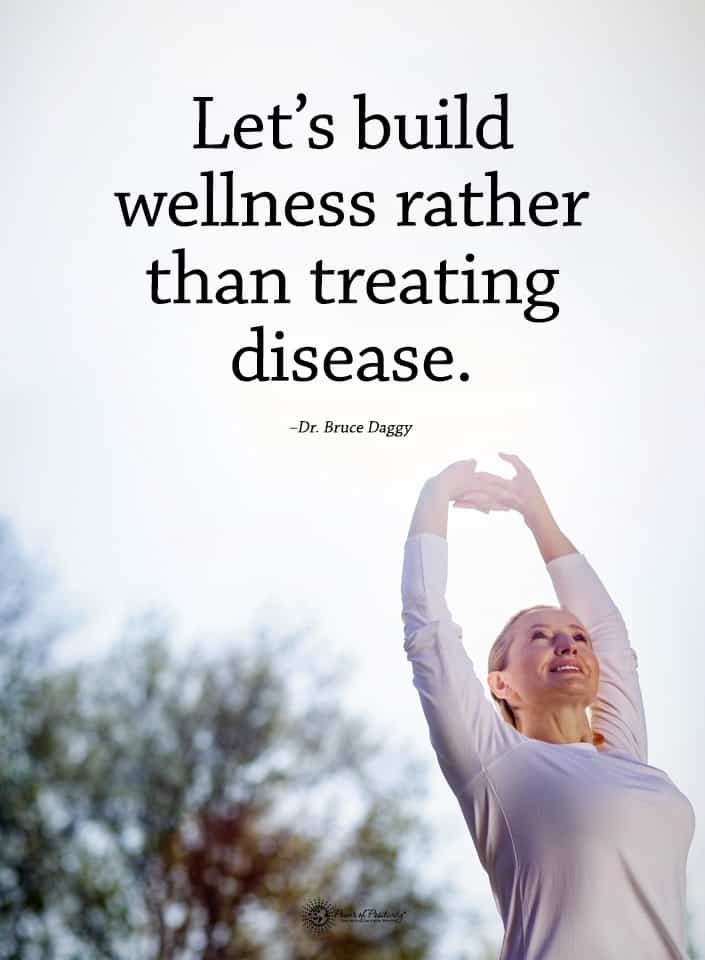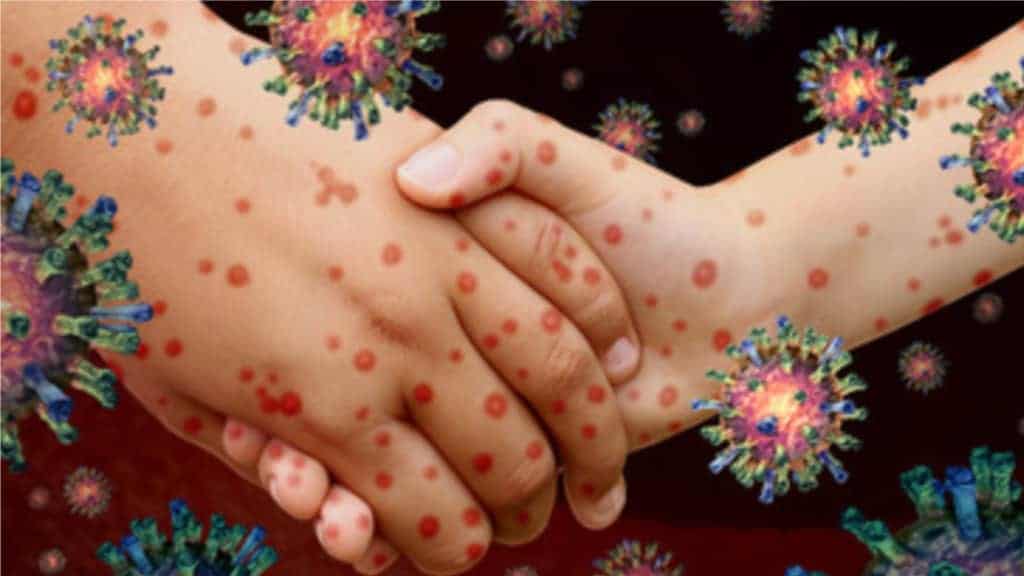For many, getting chickenpox was a normal part of childhood. For the most part, it was harmless, but it can cause life-threatening illnesses and other conditions.
Chickenpox is highly contagious, and it was once a common occurrence in children. Fortunately, chickenpox doesn’t occur as often today, making it less understood amongst the general population.
Although this viral infection isn’t as common as it once was, it still affects between 100,000 and 200,000 people each year in the United States. Of those cases, nearly 9,000 patients require treatment at a hospital.
Most people who do get this virus will generally develop a lifeline immunity to it. Rarely do people contract this viral infection twice in their lifetime. The Centers for Disease Control and Prevention, CDC, explains:
“Immunity following varicella infection is considered to be long-lasting and second cases of varicella are thought to be rare. However, second cases may occur more commonly among immunocompetent persons than previously considered.”
Knowing the chickenpox symptoms and causes can help you prevent yourself or your family from exposure. If you have already been exposed, try to avoid others until you know you haven’t caught the infection.
What is Chickenpox?
 Chickenpox is a viral infection caused by Varicella zoster that appears as small blisters full of fluid that cause a rash. The rash with red blisters often covers the whole body, and blisters can form on the bottom of the feet and inside of the mouth. It is contagious for about two days before symptoms begin and until all blisters have crusted over.
Chickenpox is a viral infection caused by Varicella zoster that appears as small blisters full of fluid that cause a rash. The rash with red blisters often covers the whole body, and blisters can form on the bottom of the feet and inside of the mouth. It is contagious for about two days before symptoms begin and until all blisters have crusted over.
This viral infection is more dangerous for children under two and over the age of ten. Adults that experience it tend to have worse symptoms than any age of children. Typically, if someone has had chickenpox once in their lives, they won’t likely contract it again.
The blisters change throughout the virus. First, pink or red papules appear for a few days. Then, small blisters develop for about 24 hours before breaking open and leaking.
Once the blisters have all leaked, the blisters appear as crusts and scabs. These scabs can take several days to heal. It is important to note that the rash stages can overlap so, you can have bumps, blisters, and scabs at once.
What Are the Symptoms of Chickenpox?
Aside from the well-known symptom of chickenpox blisters, or an itchy rash of vesicles, the other chickenpox symptoms include:
- fever
- loss of appetite
- headache
- tiredness or fatigue
- a general feeling of being unwell
- body aches
What Causes Chickenpox?
The chickenpox virus is caused by the varicella-zoster virus and spreads from person to person via airborne respiratory droplets. These droplets tend to spread through sneezes and coughs but can also spread from kissing or sharing a drink. If saliva droplets have gotten on someone’s hand, you can catch it from handshakes or touching a contaminated surface too.
Additionally, if any fluid or particles from the blisters come into contact with a surface, it could also cause contamination. This virus is highly contagious, and being in close contact typically always results in contracting it.
Who Is at Risk for Getting Chickenpox?
While anyone can get chickenpox, the following people have a higher risk:
- Those Who Have Never Had It: If you haven’t had chickenpox before, you are at risk of contracting it. People who have had it experience immunity, but in rare cases, the virus can occur a second time.
- Children Under the Age of Two: Since babies under two don’t have the strongest immune system. They have a higher chance of contracting the virus. The symptoms tend to be worse for children at this age range, and complications are more common.
- People that Spend Lots of Time Around Children: The more time someone spends around kids, the higher their risk of getting chickenpox is. Those that work at schools or daycares have an increased chance, as do parents and caregivers.
- Those With Weakened Immune Systems: Conditions like HIV or chemotherapy treatments weaken the immune system. With a weakened immune system, the risk of contracting chickenpox increases.
- People that Take Certain Medications: Medications such as steroids can increase the risk of catching this virus.
- Newborns With Mothers Who Have It: Newborn babies have a high risk of contracting chickenpox if their mothers were diagnosed with it during pregnancy. Even if the mom is diagnosed weeks after the birth, the baby is still at risk because it is contagious before symptoms begin.
 What Are the Complications Associated with Chickenpox?
What Are the Complications Associated with Chickenpox?
Many complications from chickenpox can occur, including the following:
- Reye’s Syndrome: When a young child’s fever is treated with aspirin, it can cause Reye’s syndrome. This rare syndrome can then cause encephalitis, which is brain inflammation.
- Toxic Shock Syndrome: The blisters that characterize this virus are itchy, but itching can cause toxic shock syndrome. When bacteria are under the person’s fingernails, they can get into the wound and contaminate it. Frequent hand washing can help prevent toxic shock syndrome, but avoiding itching is best.
- Infections: When someone has this virus, they are also at risk of a skin infection or disease. When infection occurs, the person will likely experience a high fever and pain or redness in the affected area. The infected blisters or sores will also seep yellow fluid or pus.
- Issues for a Newborn Baby: If a pregnant mother is diagnosed with chickenpox, the baby will likely have some problems at birth. They could have a low birth weight or limb abnormalities if the mom had the virus early in her pregnancy. The complications can be life-threatening for a newborn baby.
- Shingles: The virus can remain dormant in your nerve cells for years afterward. They can then resurface and appear in the form of shingles, which are clusters of painful blisters. Shingles typically occur in people between 50 and 60, and it is painful to even after the blisters disappear.
How Is Chickenpox Treated?
The only way to treat chickenpox is to treat the symptoms. You can do that in the following ways:
- Preventing Complications Caused by Scratching: Complications from scratching the blisters and scabs are painful and uncomfortable. You can prevent these complications by not scratching, which is sometimes hard to do. Trim fingernails and wash hands with soap often to avoid issues when you do find yourself scratching.
- Oatmeal Baths: A warm bath with oatmeal can help soothe the itchy feeling from the sores. Don’t add scented soaps or oils to the water because that can worsen the symptoms.
- Calamine Lotion: This lotion can help heal the blisters and reduce the itchy discomfort. It dries the blisters out and soothes the skin quickly. After a bath or shower, slater the calamine lotion onto dry skin, and reapply whenever you need to.
- Wet Compresses: A wet compress will keep the skin cool and decrease itching. Apply the compress anytime symptoms flare up, and you find yourself wanting to scratch.
- Eat Cold, Soft, and Bland Foods: If there are blisters in the mouth, eating and drinking can be difficult and painful. Eating acidic or salty foods will increase the discomfort, so opt for foods that won’t worsen the symptoms.
- Wear Loose Clothing: Fabric can aggravate your symptoms, making the itching sensation worse and more uncomfortable. Plus, tight clothing can be painful on your blisters. Choose loose clothing and to avoid further irritation.
- Drink Plenty of Water: Staying hydrated will help you fight off the virus quicker. Plus, it will help your wounds heal faster too. Keep water with you throughout the day and take sips of it even when you do not feel thirsty.
How Is Chickenpox Prevented?
You should that your family practices frequent and thorough handwashing. Since this virus can be contracted via surface exposure, handwashing is essential for prevention.
If one person in your home has the virus, try to keep them away from everyone else. Find them a space in the house with access to a bathroom, and tell the rest of the household to stay away.
You should also always try to stop the spread of chickenpox. If you or your child has the virus, avoiding public areas, schools, or daycare is essential. You don’t want to expose anyone else to this condition, so try your best to protect the public.
 Final Thoughts on Chickenpox: Symptoms, Causes, Treatment, and Prevention
Final Thoughts on Chickenpox: Symptoms, Causes, Treatment, and Prevention
Knowing the symptoms and causes of chickenpox can help you identify the virus quickly. Once you know that it is chickenpox, finding a relieving treatment option is essential. If you don’t have it already, understanding how to prevent it can make all the difference.
Chickenpox clears up and heals on its own, but you can find ways to relieve the symptoms. While chickenpox isn’t typically deadly, it can lead to life-threatening conditions. Understanding the virus can help protect you and your family.


















